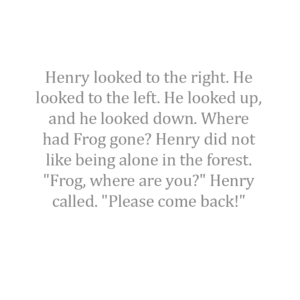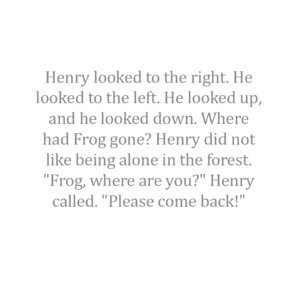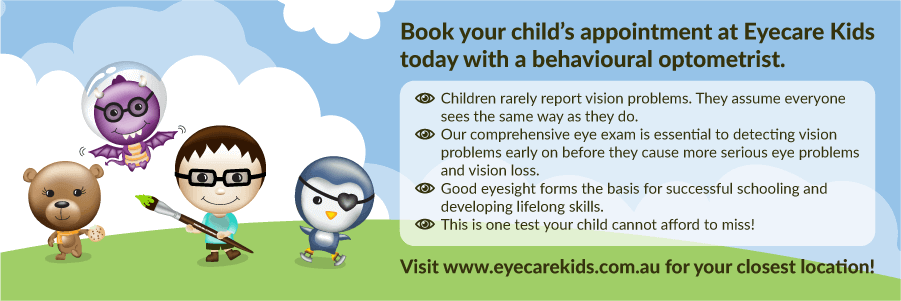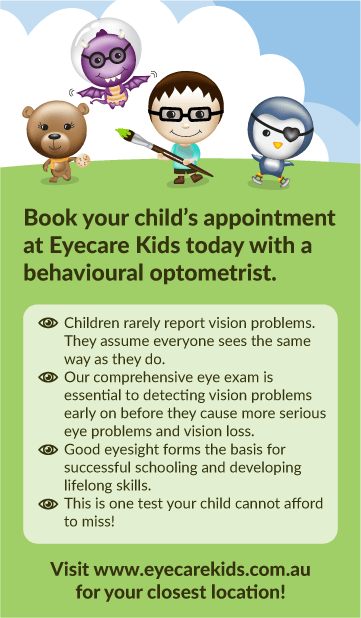Did you know that nearly 50% of the brain is dedicated to processing visual information? We normally have two eyes which can work together as a team. Following a concussion, there is often an interruption in communication between the eyes and the brain.
Your eyes work together with your vestibular (inner ear) and proprioceptive (touch) systems to maintain balance and help you accurately navigate the world. If your visual system is feeding inaccurate information to these systems, they may cause ongoing symptoms.
If this happens, you may find you get sore eyes, headaches, or dizziness after using your vision. You may even get light sensitivity and/or misjudge where objects are.
Here are some common vision problems that may occur following a concussion:

1. Eye focusing (accommodation)
Efficient eye focusing is the ability to maintain clear vision when looking at up close and accurately switch focus between close and far. Difficulty with eye focusing skills can cause blurry & fluctuating vision at near (e.g., for reading and computer work) and difficulty switching focus between objects (e.g. from reading to the whiteboard).
If you have an eye focusing problem, you may find your eyes fatigue quickly. Vision at near can flicker between clear and blurry, causing watery eyes, eyestrain, and headaches.

2. Eye teaming (vergence skills)
This means when we look at an object, both our eyes are pointing at that object in a precise and coordinated way, giving us single comfortable vision which we can sustain for long periods. This is good eye teaming.
Problems with eye teaming can cause double vision, headaches, visual fatigue, tension around the eyes and
words can appear to float or move on the page.
![]()
3. Eye tracking (oculomotor skills)
Eye tracking skills include the eyes’ ability to accurately jump between targets (saccades) and smooth eye movements to follow a moving target (pursuits). If you have difficulty with your eye tracking skills, you may find yourself losing your place when reading, skipping words and lines. You may notice that your eye-hand-body coordination may be affected e.g. catching a ball.
While some patients have visual symptoms that settle over time, others may need some support to get back on track.
Patients who have visual symptoms from concussion can benefit from seeing an Optometrist who has a special interest in the visual aspects and rehabilitation of concussion (neuro-optometric vision care). There, a thorough evaluation of your visual skills and eye health will be performed.
Optometrists can work together with you & your other healthcare professionals to tailor a program to reduce your visual symptoms and help with the impact of concussion on your visual system. The treatment offered can include glasses, sometimes with specific tints, prisms or occlusion, and neuro-optometric vision therapy. We will also give you strategies to help reduce your symptoms from day to day. If needed, we may also refer you to other specialists for their expertise.


